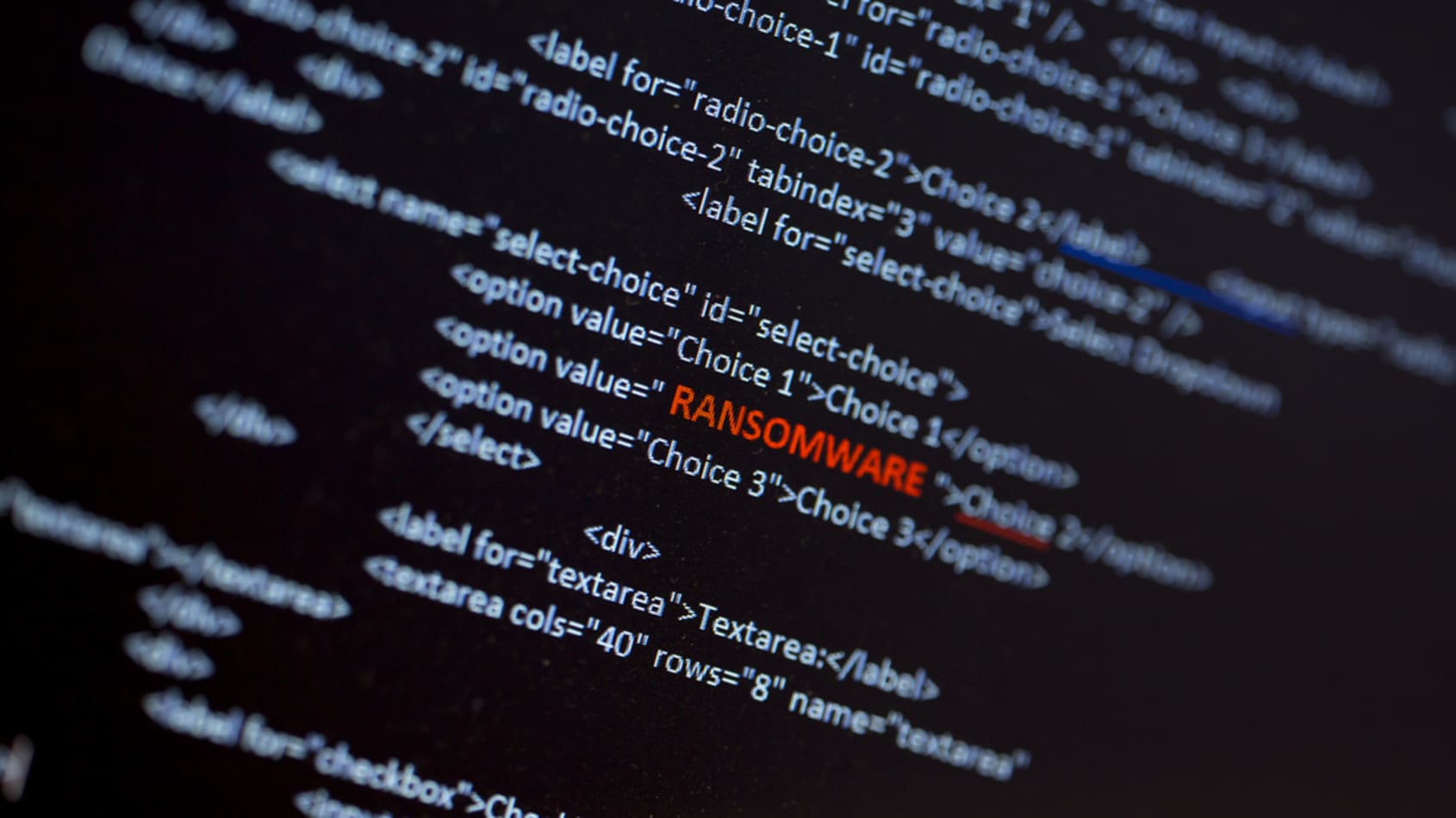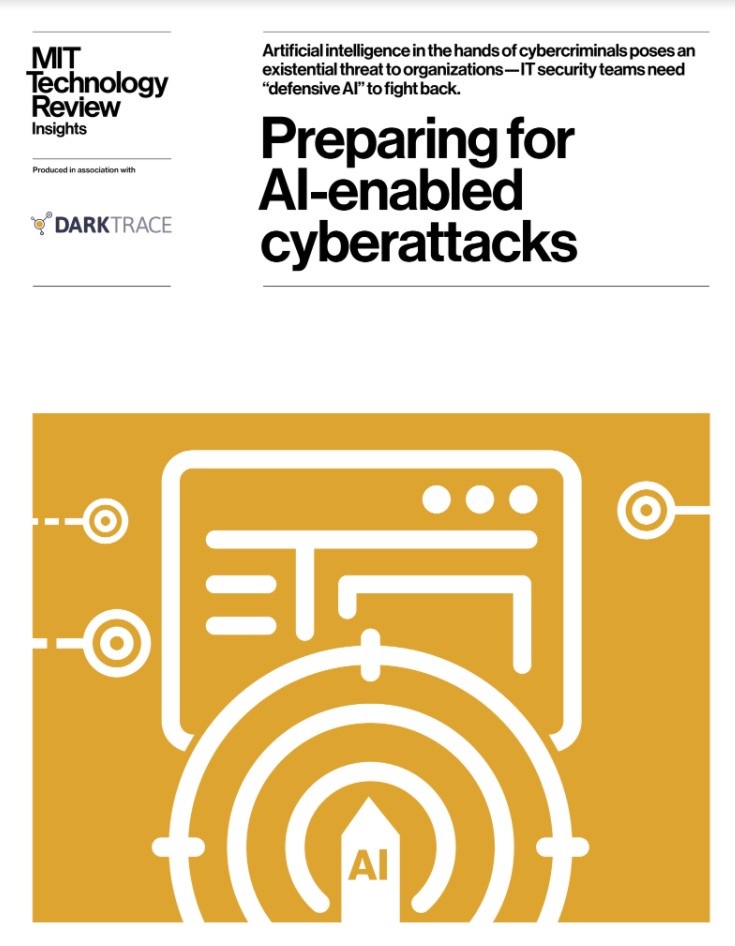Howard University cancels classes following ransomware attack
The institution has had to cancel classes for two days in a row as it investigates the situation


Howard University in Washington DC has been hit by a ransomware attack which has forced it to cancel classes for two days running.
The university stated on Monday 6 September that its technology team detected “unusual activity on the university’s network” on 3 September which caused it to shut down its network to investigate the situation.
“Based on the investigation and the information we have to date, we know the university has experienced a ransomware cyberattack,” the university stated, highlighting that it was working with leading external forensic experts and law enforcement to investigate the incident.
The university said that classes on 7 September were cancelled, campus wi-fi would remain down, but some applications stored in the cloud would remain active and accessible. It added it was in contact with the FBI and DC city government and was set to tell students how to protect their data online and deal with phishing attempts.
The university released another update on 7 September informing students that the situation is still being investigated although there was no evidence “of personal information being accessed or exfiltrated”.
RELATED RESOURCE

An alternative Wi-Fi system was being deployed, but would not be available until the following day, 8 September. Online and hybrid undergraduate courses were to remain suspended on 8 September, although in-person courses would resume as scheduled, even though course lecture content requiring internet access on campus “may not be available”.
“The education sector is a prime target as ransomware attacks surge across the board—almost 50% of education organisations were hit by a ransomware attack in the past year,” said Dough Matthews, vice president of data protection at Veritas Technologies.
Get the ITPro daily newsletter
Sign up today and you will receive a free copy of our Future Focus 2025 report - the leading guidance on AI, cybersecurity and other IT challenges as per 700+ senior executives
“They’ve become so common that there’s a term for cancelling classes because of a ransomware attack: ‘cyber day.’ That’s exactly what Howard University chose to do today. Preventing ransomware attacks is a noble effort, but as illustrated by this attack and so many others like it in recent months, preparation for dealing with the aftermath of a successful attack is more important than ever. And simply paying the ransom is not the answer.”
Sam Curry, chief security officer at Cybereason, said that the attack is another reminder that no one is immune. “It isn’t surprising that higher education institutions are targets because they have wide attack surfaces that are oftentimes poorly secured. With the start of a new semester and millions of students returning to college campuses, threat actors know that colleges are likely to quickly pay the ransom because they want to minimise damages caused by a prolonged lockdown.”
Zach Marzouk is a former ITPro, CloudPro, and ChannelPro staff writer, covering topics like security, privacy, worker rights, and startups, primarily in the Asia Pacific and the US regions. Zach joined ITPro in 2017 where he was introduced to the world of B2B technology as a junior staff writer, before he returned to Argentina in 2018, working in communications and as a copywriter. In 2021, he made his way back to ITPro as a staff writer during the pandemic, before joining the world of freelance in 2022.
-
 Should AI PCs be part of your next hardware refresh?
Should AI PCs be part of your next hardware refresh?AI PCs are fast becoming a business staple and a surefire way to future-proof your business
By Bobby Hellard
-
 Westcon-Comstor and Vectra AI launch brace of new channel initiatives
Westcon-Comstor and Vectra AI launch brace of new channel initiativesNews Westcon-Comstor and Vectra AI have announced the launch of two new channel growth initiatives focused on the managed security service provider (MSSP) space and AWS Marketplace.
By Daniel Todd
-
 ‘Phishing kits are a force multiplier': Cheap cyber crime kits can be bought on the dark web for less than $25 – and experts warn it’s lowering the barrier of entry for amateur hackers
‘Phishing kits are a force multiplier': Cheap cyber crime kits can be bought on the dark web for less than $25 – and experts warn it’s lowering the barrier of entry for amateur hackersNews Research from NordVPN shows phishing kits are now widely available on the dark web and via messaging apps like Telegram, and are often selling for less than $25.
By Emma Woollacott
-
 Healthcare systems are rife with exploits — and ransomware gangs have noticed
Healthcare systems are rife with exploits — and ransomware gangs have noticedNews Nearly nine-in-ten healthcare organizations have medical devices that are vulnerable to exploits, and ransomware groups are taking notice.
By Nicole Kobie
-
 Alleged LockBit developer extradited to the US
Alleged LockBit developer extradited to the USNews A Russian-Israeli man has been extradited to the US amid accusations of being a key LockBit ransomware developer.
By Emma Woollacott
-
 February was the worst month on record for ransomware attacks – and one threat group had a field day
February was the worst month on record for ransomware attacks – and one threat group had a field dayNews February 2025 was the worst month on record for the number of ransomware attacks, according to new research from Bitdefender.
By Emma Woollacott
-
 CISA issues warning over Medusa ransomware after 300 victims from critical sectors impacted
CISA issues warning over Medusa ransomware after 300 victims from critical sectors impactedNews The Medusa ransomware as a Service operation compromised twice as many organizations at the start of 2025 compared to 2024
By Solomon Klappholz
-
 Warning issued over prolific 'Ghost' ransomware group
Warning issued over prolific 'Ghost' ransomware groupNews The Ghost ransomware group is known to act fast and exploit vulnerabilities in public-facing appliances
By Solomon Klappholz
-
 The Zservers takedown is another big win for law enforcement
The Zservers takedown is another big win for law enforcementNews LockBit has been dealt another blow by law enforcement after Dutch police took 127 of its servers offline
By Solomon Klappholz
-
 There’s a new ransomware player on the scene: the ‘BlackLock’ group has become one of the most prolific operators in the cyber crime industry – and researchers warn it’s only going to get worse for potential victims
There’s a new ransomware player on the scene: the ‘BlackLock’ group has become one of the most prolific operators in the cyber crime industry – and researchers warn it’s only going to get worse for potential victimsNews Security experts have warned the BlackLock group could become the most active ransomware operator in 2025
By Solomon Klappholz